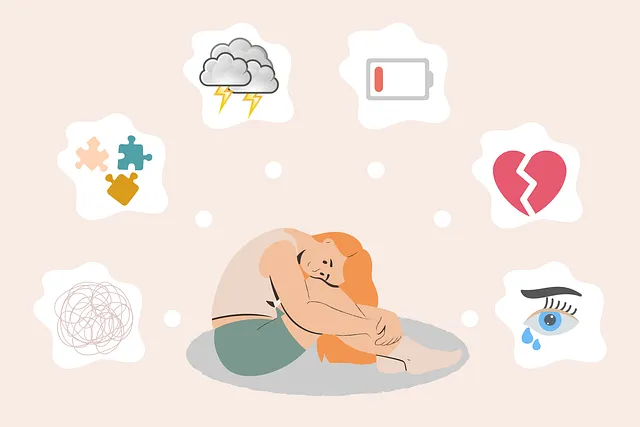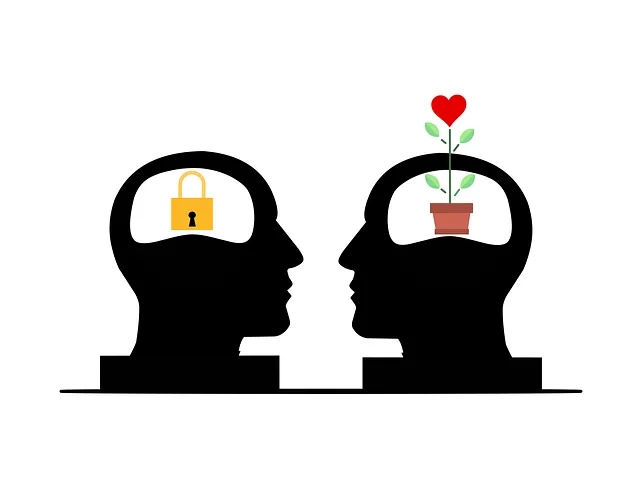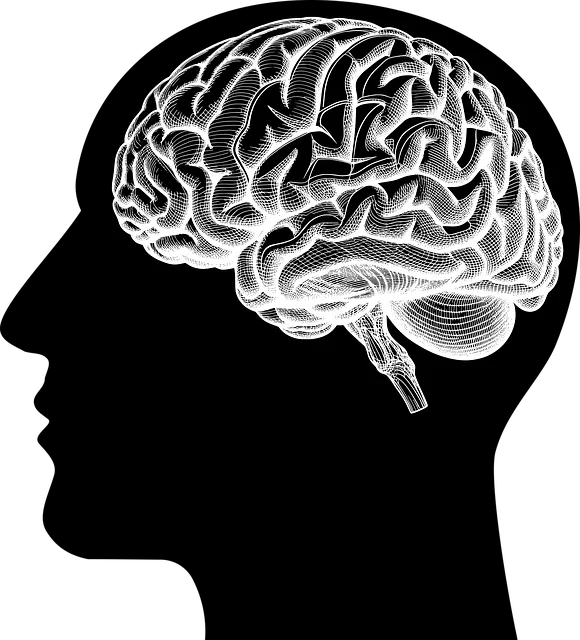The Aurora Kaiser Permanente Mental Health Access Center is leading the way in addressing growing mental health concerns by implementing comprehensive education programs. These programs promote well-being, resilience, and mental health literacy through accessible resources, stress management workshops, and compassion cultivation practices. Tailored to diverse populations, the center's initiatives include online resources, group therapy, and training for healthcare providers on cultural competency, enhancing community interactions and care quality. Engaging content, such as Mindfulness Meditation sessions and workshops, encourages participants to integrate self-care practices into their daily lives. Using data-driven evaluation methods, the center continuously refines its programs to maximize impact, making mental health resources more accessible to all.
Mental health is a cornerstone of overall well-being, yet it often receives inadequate attention. Recognizing this critical gap, Aurora Kaiser Permanente has pioneered innovative Mental Health Access Centers (MHACs), demonstrating improved patient outcomes. This article explores the design of effective MHAC education programs. We delve into the necessity of such initiatives, outline key components, provide strategies for engaging content and activities, and discuss implementation and evaluation methods, emphasizing best practices from the Aurora Kaiser Permanente model.
- Understanding the Need for Mental Health Education Programs
- Key Components of an Effective Aurora Kaiser Permanente Mental Health Access Center Program
- Designing Engaging Content and Activities
- Implementation Strategies and Evaluation Methods
Understanding the Need for Mental Health Education Programs

In today’s fast-paced world, mental health issues have become an increasingly prevalent concern, impacting individuals across all demographics. This has led to a growing recognition of the need for comprehensive mental health education programs, such as those offered by the Aurora Kaiser Permanente Mental Health Access Center. These programs play a pivotal role in promoting well-being and fostering resilience among participants. By providing accessible resources and knowledge, they empower individuals to better understand their mental health, navigate challenges, and seek support when needed.
Effective mental health education goes beyond basic awareness; it involves equipping individuals with practical tools and communication strategies. Stress management workshops, for instance, teach valuable techniques to help people cope with daily stressors. Additionally, compassion cultivation practices have been shown to enhance emotional well-being and promote positive interactions within communities. These initiatives, when organized by reputable institutions like Kaiser Permanente, can significantly contribute to improving mental health literacy and overall community wellness.
Key Components of an Effective Aurora Kaiser Permanente Mental Health Access Center Program

An effective Aurora Kaiser Permanente Mental Health Access Center program should be multifaceted and inclusive, addressing various aspects of mental well-being within the community. Firstly, it must offer comprehensive stress management strategies tailored to diverse populations. This could involve workshops, online resources, or group therapy sessions focusing on techniques like mindfulness, cognitive-behavioral therapy (CBT), and relaxation exercises.
Secondly, incorporating Healthcare Provider Cultural Competency Training is vital. Training should equip staff with the skills to address mental health concerns sensitively and effectively, understanding the unique cultural contexts of patients. Additionally, integrating compassion cultivation practices can foster a supportive environment. This might include training in active listening, empathy-building exercises, and cultivating gratitude, enhancing patient-provider relationships and overall care quality.
Designing Engaging Content and Activities

Designing engaging content is a key aspect of creating an effective mental health education program, especially when aiming to improve access to mental well-being resources, much like the Aurora Kaiser Permanente Mental Health Access Center. Incorporating interactive and varied activities can enhance learning and make the experience more appealing for participants. For instance, incorporating Mindfulness Meditation sessions into the curriculum allows individuals to practice self-care techniques in a structured environment, encouraging them to continue these practices outside of class.
Moreover, including hands-on workshops on Conflict Resolution Techniques or Stress Reduction Methods ensures that learners have practical tools to navigate challenging situations. These activities not only provide knowledge but also foster skills that participants can immediately apply in their daily lives, making the program truly valuable and memorable.
Implementation Strategies and Evaluation Methods

Implementing a mental health education program requires careful planning and strategic approaches to ensure its effectiveness. At the Aurora Kaiser Permanente Mental Health Access Center, we focus on creating inclusive learning environments that cater to diverse populations. One key strategy is community engagement; involving local organizations, schools, and community leaders helps build trust and encourages participation. This collaborative approach enables us to tailor programs to specific needs, ensuring relevance and accessibility.
Evaluation methods play a pivotal role in measuring the success of these initiatives. We employ a combination of qualitative and quantitative techniques, such as participant feedback forms, focus groups, and pre-post surveys, to assess knowledge gain and behavioral changes. By tracking improvements in areas like positive thinking, confidence boosting, and compassion cultivation practices, we can demonstrate the program’s impact. Regular evaluation allows us to make data-driven adjustments, continually refining our approach for optimal results.
Mental health education programs, such as those designed for the Aurora Kaiser Permanente Mental Health Access Center, are essential components of fostering a healthy society. By incorporating key components like comprehensive curriculum, engaging content, and effective evaluation methods, these programs can significantly impact community well-being. Understanding the need and designing with an evidence-based approach ensures that education becomes a powerful tool to reduce stigma, improve access to care, and ultimately revolutionize mental health support in our communities.






